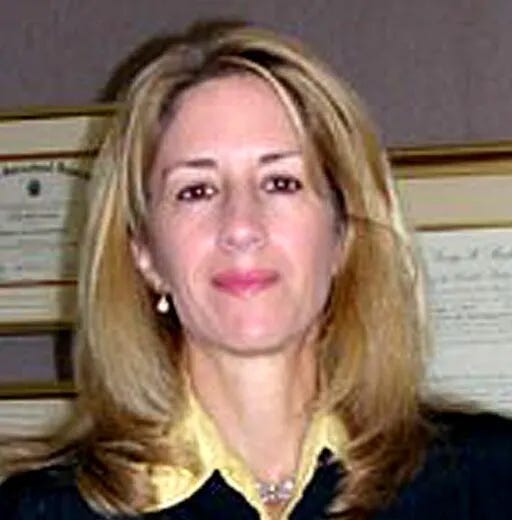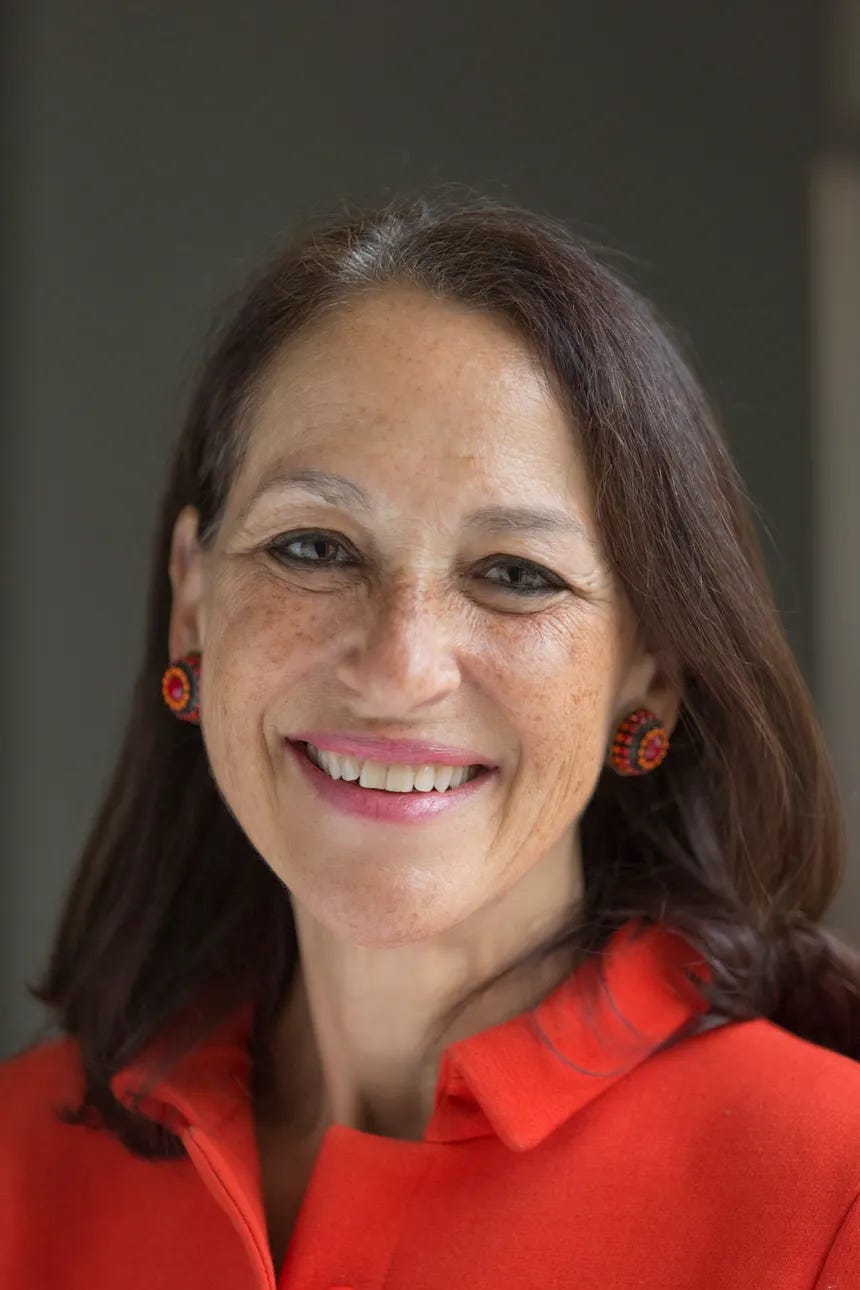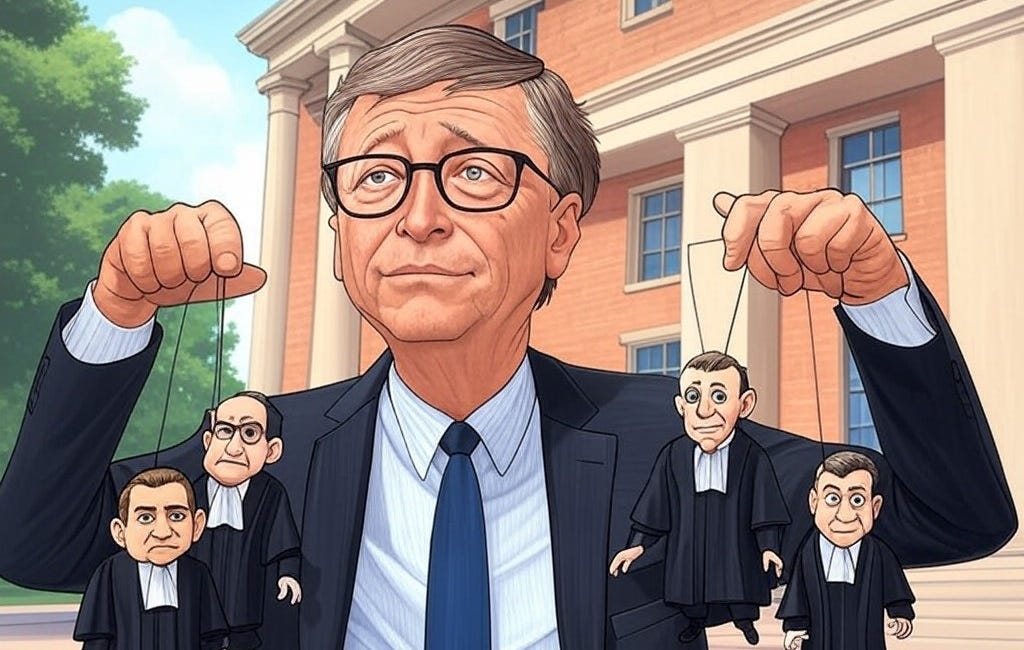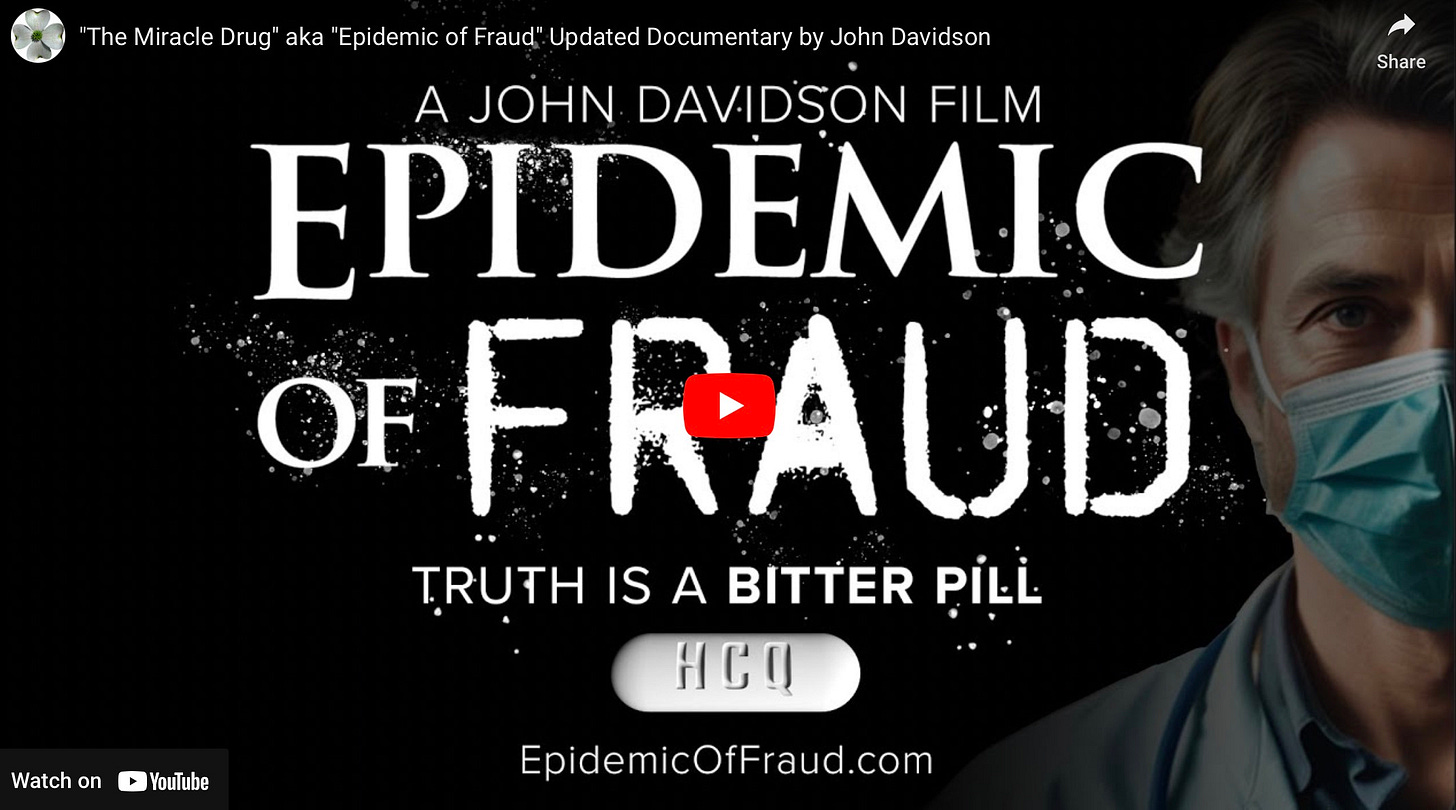Bill Gates' Foundation Tax-Exempt Status Faces Court Showdown Amid Vaccine Profit Allegations
Gates Foundation Tax-Exempt Status in Jeopardy Amid Allegations of Profit-Driven Vaccine Sales and Growing Calls for Vaccine Oversight
MIAMI, FL — In a legal confrontation with potential far-reaching implications, Floridian and head of The World Peace Through Education Foundation, Inc, William S. Scott has filed an appeal and petition for a Writ of Mandamus against the Internal Revenue Service (IRS) in the United States District Court for the Southern District of Florida, targeting the Bill and Melinda Gates Foundation/Trust (BMGF/Trust).
The appeal, case number 1:24-cv-24123-CMA (filing at end of article), is set before Chief Judge Cecilia Altonaga, the first Female Cuban American Federal Judge, who presides over the United States District Court for the Southern District of Florida. Her ruling on this appeal is anticipated in the coming days, adding to the urgency surrounding this case.
Scott's legal action follows the IRS's rejection of his whistleblower claim on September 26, 2024. He alleges that the foundation has been engaged in for-profit activities under the guise of charity, stating, "Under the pretense of improving World Health, Bill & Melinda Gates Foundation/Trust has been engaged in the promotion, manufacture and sale of Covid-19 vaccines that were not sufficiently tested for safety or for effectiveness for their intended use." He further asserts, "The claim that its efforts are charity are bogus and it has acted in bad faith."
Since its founding in 2000, the Bill and Melinda Gates Foundation has been a leader in global health, reporting tax-exempt revenue of $6,840,102,370 in 2023. Among its significant investments, the foundation provided $55 million to BioNTech in 2019 for vaccine development (source).
Global Scrutiny and Legal Challenges: The foundation is under scrutiny not just in the U.S. but also internationally. Kenya's High Court has suspended the Gates Foundation's diplomatic immunity due to accountability concerns. This scrutiny extends to countries like the Netherlands, where there are discussions or legal preparations against the foundation's international operations.
Adding complexity to this narrative, Margaret Hamburg, who served as FDA Chairman from 2009 to 2015, now sits on the Gates Foundation's Global Health Scientific Advisory Committee (link to her position on the committee). Her husband, Peter Brown, leads Renaissance Technologies, known for its investments in medical stocks. This is underscored by Renaissance Technologies' $7 billion settlement with the IRS in 2021 over tax strategies.
Implications of Losing Tax-Exempt Status:
The revocation of the Gates Foundation's tax-exempt status would have profound consequences:
Tax Liability: An estimated annual federal tax of $1.44 billion for 2023, based on a 21% corporate rate, not including state taxes or penalties for prior years.
Donation Deductibility: The loss of tax deductions could significantly impact donation levels.
Operational Adjustments: The foundation might need to scale back or alter its charitable operations.
Wealth Loss Estimation: An immediate annual financial hit over $1 billion, with long-term impacts on its endowment.
Public Perception and Legal Ramifications: Public trust could wane, potentially leading to further legal scrutiny.
Comparison to Blue Shield's Case: Blue Shield of California's 2015 loss of state tax-exempt status provides a cautionary tale, where operational concerns led to significant changes. This could be a foreshadowing for the Gates Foundation if it faces similar challenges.
Legal Precedents: Shows the potential for a reassessment of tax exemptions.
Public and Regulatory Reaction: Similar backlash might be expected.
Operational Impact: Operational strategies would likely need reevaluation.
Influence of Donors on Scientific Research: Influential donors like the Gates Foundation can skew research priorities, potentially prioritizing commercial interests over public health needs, leading to:
Bias in Research Focus: Funding might lean towards areas beneficial to the donor's interests.
Conflict of Interest: Research impartiality can be compromised.
Impact on Public Trust: Skepticism can grow regarding the integrity of funded research.
This is particularly relevant in the context of clinical trial research, where transparency is crucial. The Association of Clinical Research Professionals (ACRP) advocates for researchers to disclose relationships and potential conflicts of interest publicly, but this directive is not always followed, leading to potential biases or misrepresentations in research outcomes. Studies have shown that a significant percentage of clinical trial reports might fail to disclose conflicts of interest:
A 2016 review published in "Research Integrity and Peer Review" determined that between 43% and 69% of research study reports failed to disclose conflicts of interest (source).
A study in the "Journal of the American Medical Association (JAMA)" reported that approximately 32% of clinical trial authors had not fully disclosed their industry payments in their articles (source).
In the "BMJ Evidence-Based Medicine," a study published in 2020 discussed the complexities of conflicts of interest in medical research, noting that many clinical trials and their authors have industry ties which are not always transparently reported (source).
Another study from the "BMJ" in 2014, analyzing newspaper articles about the H1N1 pandemic, found that academics with financial ties to drug companies selling related medications rated the health risks significantly higher than those without such ties, suggesting a potential bias in reporting due to undisclosed conflicts (source).
A cross-sectional study published in "BMJ" in 2017 found evidence of high rates of underreporting of financial conflicts of interest among clinical investigators (source).
According to Scott's petition, the IRS did not conduct an investigation into the Gates Foundation's activities based on his whistleblower claim. Scott asserts, "Petitioner believes, and therefore asserts, that the IRS conducted no investigation to reach its decision to deny his Form 211," highlighting a key point of contention in this legal battle.
“the IRS conducted no investigation to reach its decision”
William S. Scott Appeal
Gates Foundation's Funding in Pro-Vaccine Organizations:
The Gates Foundation has been a significant financier in the pro-vaccine landscape, supporting numerous organizations:
Gavi, the Vaccine Alliance: The foundation initially funded Gavi with $750 million in 2000 to enhance vaccine access in developing countries. By 2020, the Gates Foundation pledged $1.6 billion for Gavi's next strategic period, focusing on equitable vaccine distribution (source).
Coalition for Epidemic Preparedness Innovations (CEPI): In November 2020, the Gates Foundation committed an additional $20 million to CEPI for advancing research on COVID-19 vaccines. This followed a $50 million contribution to CEPI's COVAX Advance Market Commitment in June 2020 (source).
PATH: The foundation has invested in PATH’s efforts in vaccine development, notably contributing to the introduction of the rotavirus vaccine in developing countries. The exact amounts are not consistently public, but these efforts have been part of larger commitments to global health.
World Health Organization (WHO): The Gates Foundation has provided funding to WHO for various health initiatives, including vaccine programs, though specific figures for vaccine-related funding are less delineated but known to be substantial.
Novavax: In 2015, the Gates Foundation awarded Novavax a $89 million grant to develop a vaccine against respiratory syncytial virus (RSV) (source).
Concerns Over Federal Agency Oversight and Robert F. Kennedy Jr.'s Confirmation: Amid these legal and operational challenges, there's growing public concern over federal agencies potentially ignoring or omitting reports of injuries related to the COVID-19 vaccines. This sentiment is fueled by posts on social media platforms like X, where users have expressed frustration over the lack of acknowledgment or investigation into alleged vaccine injuries. This has led to calls for more rigorous scrutiny of vaccine research and safety data ([source]).
Adding to this debate is the looming confirmation of Robert F. Kennedy Jr. as head of the Department of Health and Human Services (HHS). Known for his skepticism towards vaccines, Kennedy has promised to revisit federal vaccine recommendations, emphasizing the need for transparency and safety in vaccine research. His potential confirmation has sparked a polarized response, with some seeing it as an opportunity to critically assess the vaccine safety and efficacy processes, while others fear it might undermine public health efforts (source, source, source).
This legal challenge by Scott not only questions the Gates Foundation's accountability but also highlights the broader issues of transparency, influence, and the need for more rigorous oversight in both philanthropy and public health research. The outcome of these legal and political developments could significantly influence how tax-exempt statuses are managed, how donor influence is perceived, and the enforcement of disclosure policies in scientific research globally.
View the latest amended appeal by William Scott below.
Read part two of our coverage of this story below.
IRS Under Fire: Whistleblower Challenges Gates Foundation's Tax-Exempt Status Amid Conflict of Interest Claims
IRS Defends Against Whistleblower Lawsuit Over Gates Foundation Tax-Exempt Status, Critics Point to Legal Flaws, Delays, and Potential Conflicts
Watch our award-winning documentary “Epidemic of Fraud” and learn how Gates Foundation was involved in clinical trials around Hydroxychloroquine in early 2020.









God Speed to William S Scott and The World Peace Through Education Foundation.
About damn time. But why do I think these billionaires won’t ever suffer any moral or financial consequences?